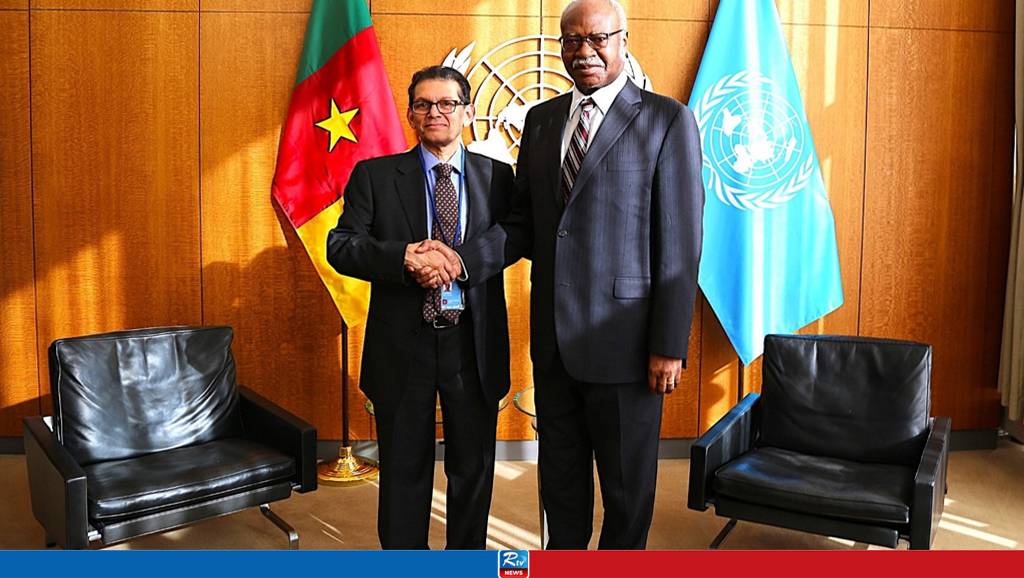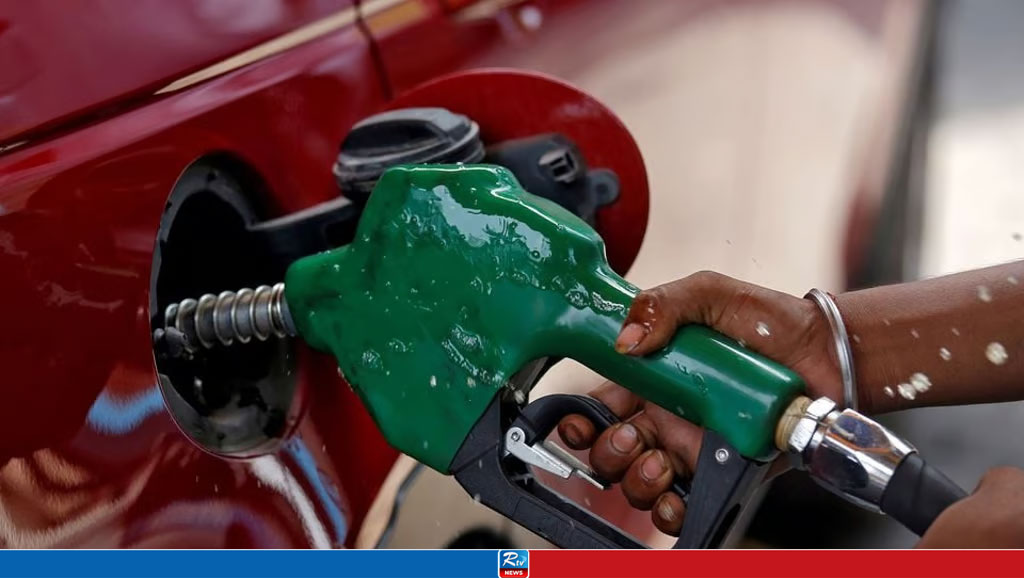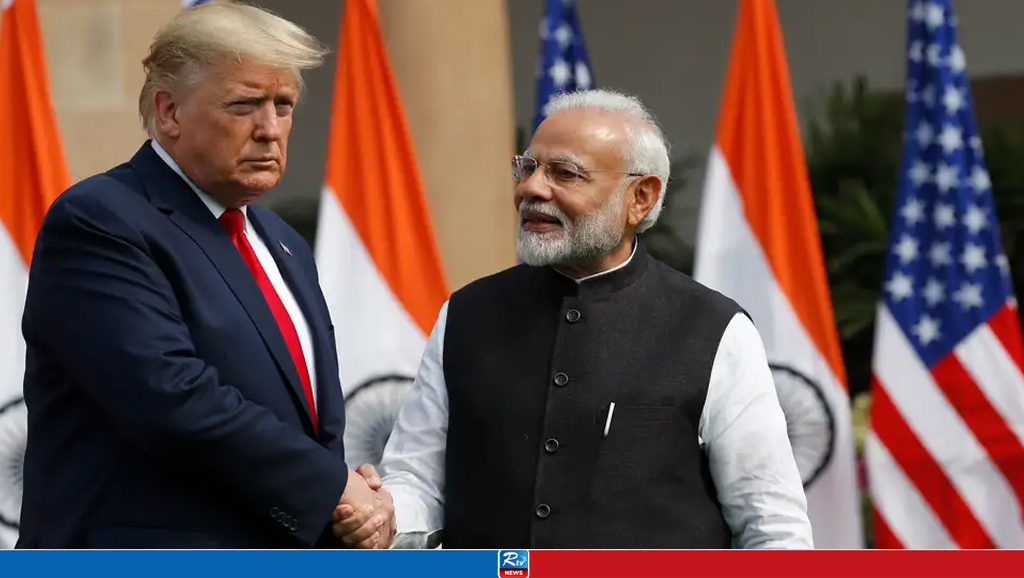India can achieve 50pc renewable energy by 2030: RK Singh

India will cross 50 per cent power capacity from non-fossil fuel by 2030, said Minister of Power and New and Renewable Energy RK Singh on Wednesday.
Although power demand has increased by 20 per cent in the last couple of years, India has achieved 40 per cent of the renewable energy target 9 years ahead of the target, he added.
Speaking at a business event titled "India Ideas Summit," Singh also said that India's per capita emissions are among the lowest in the world.
"We will cross 50 per cent power capacity from non-fossil fuels well before 2030. In fact, we have set an internal target for myself and my ministry that by 2030, we will have 65 per cent capacity from non-fossil fuels. We are among the fastest growing markets for renewables in the world," the minister said.
"If you look at the total carbon load which accounts for global warming, our contribution to the total CO2 load till date is just 3.4 per cent and our population is 17.7 per cent," he added. The minister said that despite all this, India decided that its environment is important and set huge targets.
"We committed accordingly in COP21 in Paris, that in 2030, 40 per cent of our capacity will come from non-fossil fuels and I am happy to tell you that today we have reached 41.5 per cent of that 9 years in advance," he added.
On the green hydrogen space, Singh said that the government is committed to making India the largest green hydrogen hub in the world and pointed out that the cost of green hydrogen production is competitive in India even without a PLI scheme.
Interestingly, Singh told US businesses to invest in the Indian renewable energy space, insisting that "If you are not here you are missing something."
The power minister also mentioned that the government will come up with bids for green hydrogen and green ammonia. On offshore wind bids, the minister said that tenders would be out soon. Singh revealed that the Centre will soon launch a production-linked incentive (PLI) scheme for grid-level renewable energy storage.
"The only way to bring down the cost of storage is to start manufacturing here and to add volume and that's what I am going to do. The bid...PLI, which I will come up with will only be for grid-level storage," he said.
Furthermore, the power minister said that a battery energy storage system is important for better grid management, but the problem is that storage is expensive.
"We are expanding in storage and have floated one of the largest bids globally with 1,000 MWh tender. That bid has been finalised. In fact, it is one of the largest bids for storage in the world, and all our bids will be the largest in the world due to our size. The rate we got is Rs 9.30 per kilowatt hour (US Cents 11-12 per unit) which is a bit expensive because my power cost from solar is Cents 2.5-2.6 per unit and my battery cost is 11 Cents per unit which is five times the cost of my energy. So the only way to bring down storage costs is to start manufacturing here and to add volumes," he elaborated.
IAS officer turned politician noted that as of today, India has achieved 41.5 per cent power capacity from non-fossil fuels, which is nine years in advance of its Nationally Determined Contributions (NDCs) target.
He also said India is one of the biggest markets for solar cells and modules. On the imposition of customs duty on the import of solar modules and cells from China, he explained that China was dumping solar cells and modules at very low prices trying to kill the domestic industry.
Source: ANI
Comments
UNGA President, Dr. Khalilur Rahman Discuss 2025 Rohingya Conference

BSF Reports: / Muslims, Not Hindus, Flocked to India from Bangladesh After August

Pakistani Girls from Dawoodi Bohra community Continue to Grapple with Secretive Practice of FGM: Report

Pakistan Hikes Petrol, Diesel Prices Amid Public Outcry over Inflation

13 Soldiers Killed in Armed Attacks, BLA and BLF Claim Responsibility

Gold Prices Surge to Two-Week High, Reasons Revealed

Thousands Evacuate over Volcanic Eruption Fears in Ethiopia


 Live Tv
Live Tv




